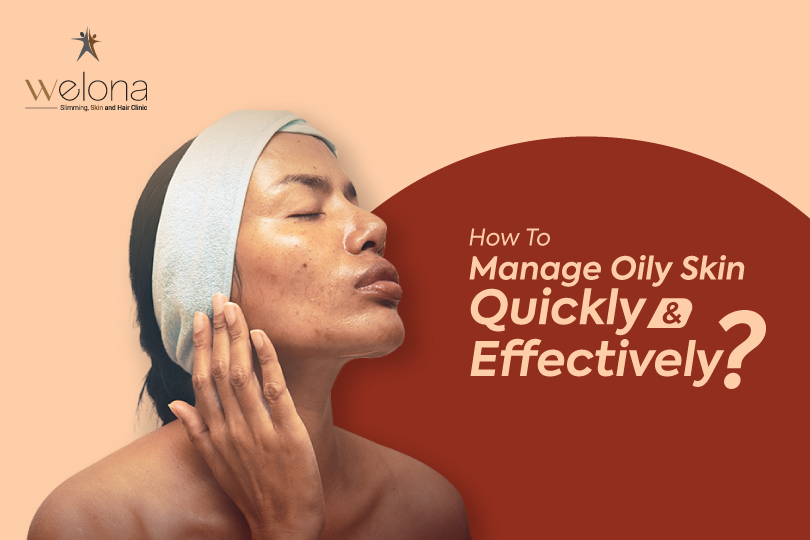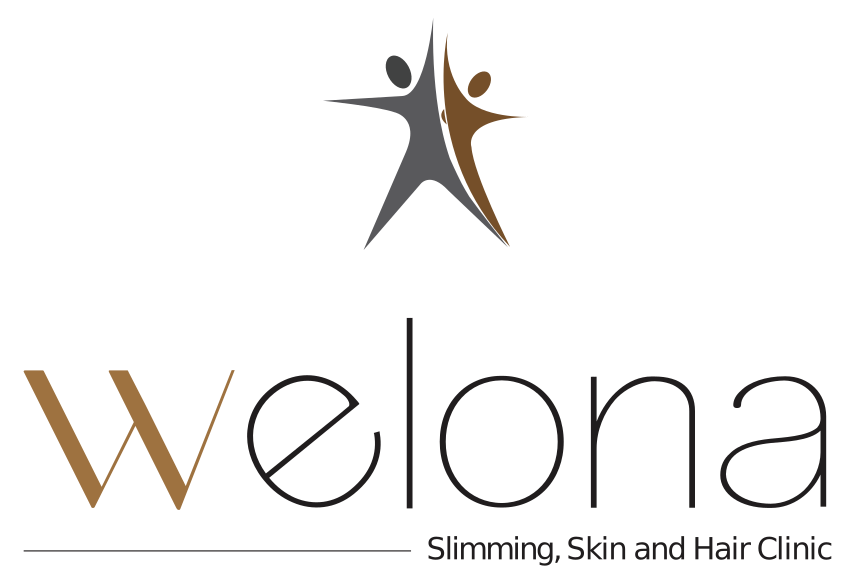
The Basics
Ever heard of sebum? It’s a lot more common than you think. If you’re still wondering, it’s the lesser-known cousin of the sweat glands on your skin. Those times when you wash your face and find a load of oil on your nose bridge? Yes, that’s sebum. Put simply, it’s an oily secretion that comes from the sebaceous glands.
These glands are located on the same layer as the sweat glands, and the sebum helps keep the skin healthy. It traps microbes and is vital to keeping the skin in optimum condition. So the oil in your skin is good for you!
So where’s the problem with oily skin? Let’s look into it:
Oily skin defined
As stated before, the problem isn’t having oil on your skin. Not having enough oil secreted can also be problematic, leading to complications like dry skin.
You know you have oily skin if your face has that shine in the light. Also, oily skin is a nuisance if you dab at your tissue and get a greasy mess. Well, we’re gonna bust a little myth for you here.
On its own, oily skin is not a serious issue. It’s normal for some people to have oilier skin than others, and it’s just the way their skin works.
The problem arises when the excess sebum gets deposited in the skin’s pores. It clogs them up, subsequently causing acne. People who have oily skin usually have blackheads and pimples around the regions of their faces with the most oil clog. It also enlarges the pores itself, which leads to further complications.
Now, if you’ve had oily skin for as long as you can remember, then it’s probably a hereditary thing for you. If it runs in the family, there are high chances you’ll get it too. There are other factors, however, such as:
When the oil gets out of hand, people often want to actively do something about it. Some remedies are temporary and will need to be applied from time to time for maximum effect. Others last a little bit longer.
Before we get to the remedies, though, let’s get into certain things that people inadvertently do to make matters worse for their oily skin.
Sticky Situations
Excess oil on your skin isn’t just going to evaporate and disappear just like that. That being said, however, there’s a lot you can do to keep it at bay and not make it any worse than it needs to be. Here are some of the things you can look into that can make your life a lot easier when it comes to oily skin.
Your water intake.
Not drinking enough water in a day over an extended period has been shown to trigger oily skin. This is understandable, as water is a great natural detoxing agent, and without enough of it, the other detoxing avenues (like sebum) have to compensate for it. Always stay hydrated throughout the day.
Don’t let the oil just sit there
That will only further the clogging. If your skin is getting a little too greasy, dab it off with a wet-wipe or tissue.
Watch what you eat.
Certain foods are known to trigger sebum production in excess. This especially goes for deep-fried foods and salty foods.
Consider switching cosmetics
Ideally, you should avoid oil-based products. These will only aggravate the issue.
Avoid excessive face washes
This could end up irritating skin that’s already suffering from acne thanks to clogged pores.
New methods to reduce the degree of oily skin through conscious life choices are constantly being formulated. For those who seek to be more proactive about it, however, there are a few solutions that can curb oily skin. Let’s take a closer look at them.
Oil Control Tips
The Sweet Method: As a natural method, you can try using honey. With clean hands, take the honey and apply it on your face, spreading it evenly. Let it sit for around 20 minutes before washing it off. The principle at work here is that honey naturally gets rid of the oil while simultaneously lubricating your skin. Simple, yet effective.
Blotting Paper: These are a godsend product for those suffering from oily skin. Blotting paper will absorb excess oil from your skin without being abrasive, so you can use it to dab away at the excess oil when required and discard it thereafter.
The Right Moisturizer: There’s no denying that moisturizers can be beneficial for your skin. While you should steer clear of the oil-based ones, natural moisturizer products can help reduce the greasiness of your skin. Aloe vera-based moisturizers work well.
Masks and Exfoliate: The principle behind this method is that it helps extricate the oil from the face without irritating the skin beneath, much like tip #1. Clay masks and bead exfoliates are tried-and-tested options that have proven to be effective at curbing oily skin.
Dietary changes: This might not seem like a direct solution, but the difference it can make cannot be ignored. Cut down on foods like dairy and fried goods for a while, at least until the oiliness dies down. Your skin will thank you for it in the long run!
So these are some tips for you to effectively reduce the hassles that oily skin brings with it. Fret not, it may seem slippery, but with proper care, your skin will be back to being the well-oiled machine it’s supposed to be!

